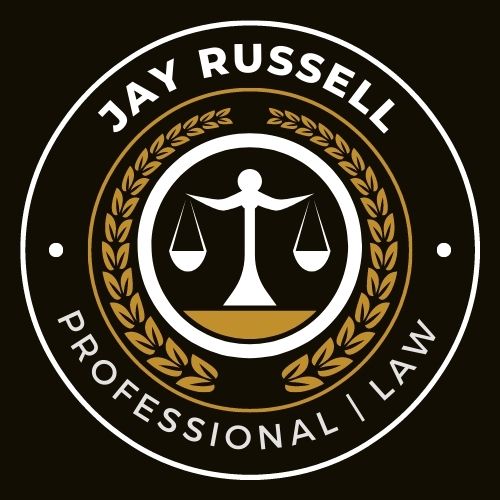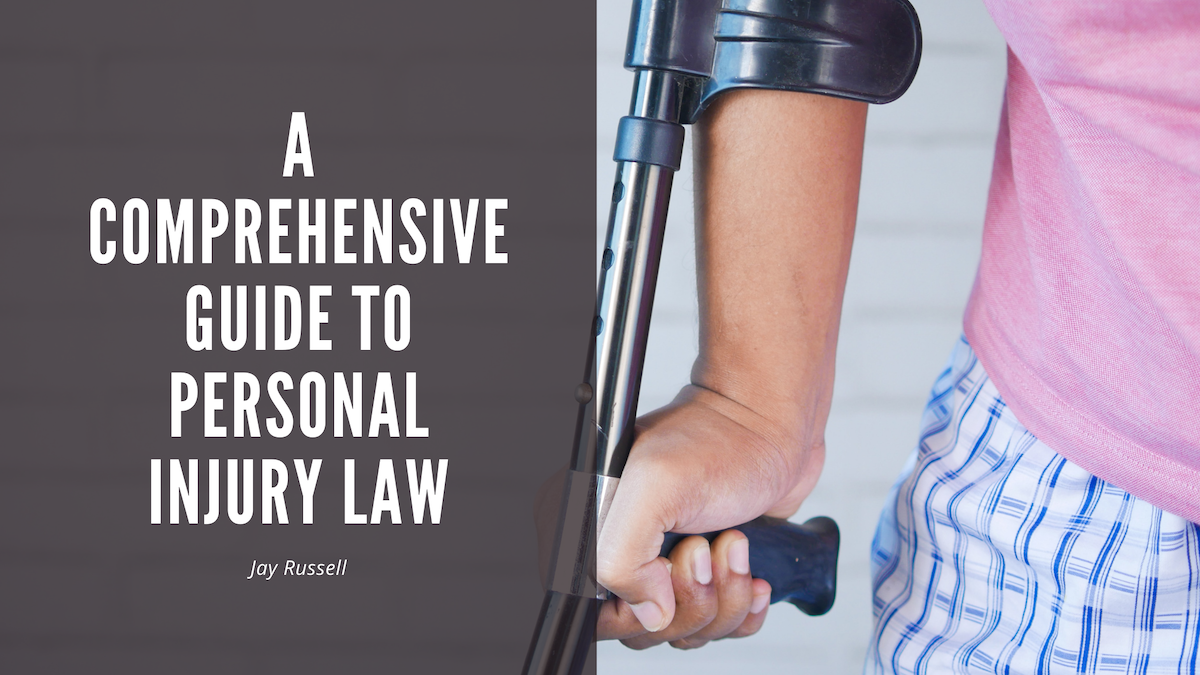Personal injury law is a complex and multifaceted legal area that deals with cases where individuals suffer harm or injury due to negligence or wrongful actions of others. Personal injury law covers many scenarios, from slips and falls to accidents, medical malpractice, and more. Here is a comprehensive guide to help you navigate the intricate world of personal injury law and understand your rights when faced with injury-causing incidents.
Understanding Personal Injury:
Personal injury refers to physical, emotional, or psychological harm caused by an individual due to the actions or negligence of another party. These incidents can lead to legal claims seeking compensation for the damages incurred.
Types of Personal Injury Cases:
- Motor Vehicle Accidents: This includes car, truck, motorcycle, and pedestrian accidents caused by negligent driving.
- Slip and Falls: These cases involve injuries sustained due to hazardous conditions on someone’s property.
- Medical Malpractice: Medical negligence leading to patient harm or injury falls under this category.
- Product Liability: Injuries caused by a defective product or inadequate warnings.
- Workplace Injuries: Instances where workers are injured on the job due to unsafe conditions.
- Assault and Battery: Cases involving intentional harm inflicted by another person.
Proving Negligence:
The key to having a successful claim, the injured plaintiff needs to prove that the defendant’s negligence directly caused the harm. Negligence involves establishing a duty of care owed by the defendant, a direct connection between the breach and the injury, and quantifiable damages.
Role of Compensation:
Compensation, often referred to as damages, is a central aspect of personal injury claims. Damages can be economic (e.g., medical bills, lost wages) or non-economic (e.g., pain and suffering, emotional distress). The goal of compensation is to restore the injured party as closely as possible to their pre-injury state.
Statute of Limitations:
There are statute of limitations that dictates the time within which a personal injury claim must be filed. Missing this deadline could result in losing the right to seek compensation.
Hiring an Attorney:
Engaging a skilled personal injury attorney is highly recommended. An experienced lawyer can assess your case, negotiate with insurance companies, gather evidence, and guide you through the legal process.
Out-of-Court Settlements vs. Trials:
Many personal injury cases get resolved through negotiated settlements with insurance companies. However, if a fair settlement cannot be reached, a trial may be necessary to seek a favorable verdict from a judge or jury.
Navigating the intricacies of personal injury law requires a solid understanding of legal principles, procedures, and rights. By familiarizing yourself with the basics in this guide, you can make informed decisions and seek the justice and compensation you deserve when faced with the unfortunate event of a personal injury incident.

